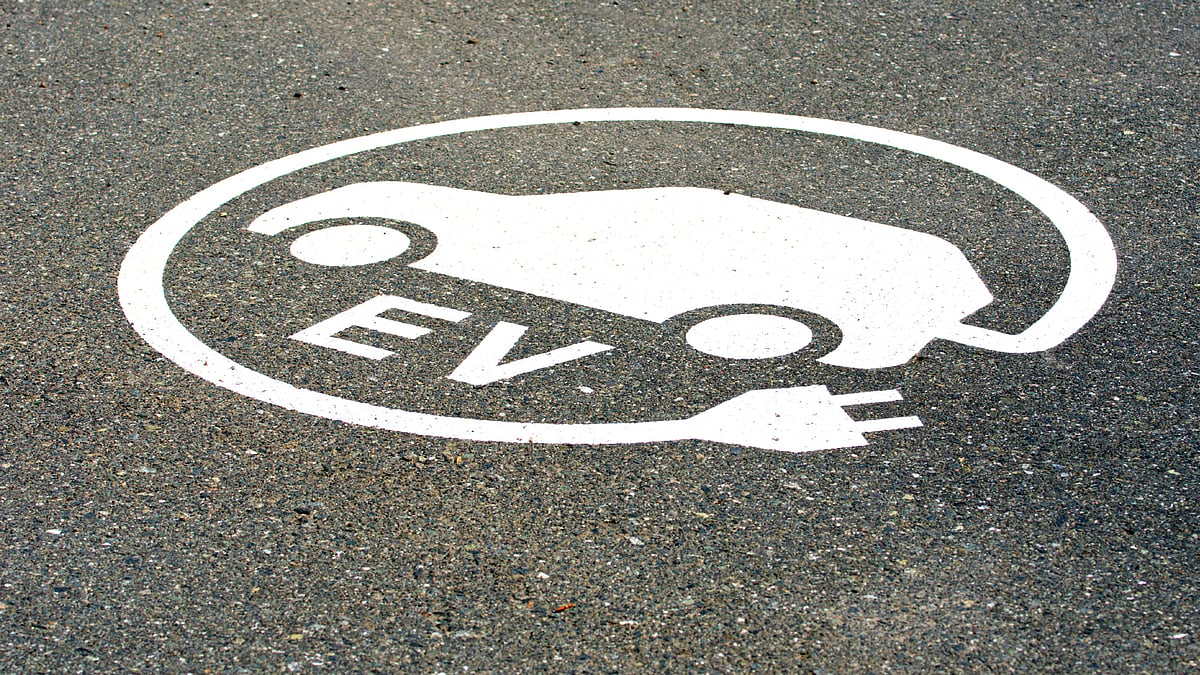Greening Our Vehicles: Four Things You Need to Know
The world needs cars that pollute less – but that’s easier said than done.

advertisement
Green is the new black these days. And in this age of air pollution and concern over fossil fuels, ‘green vehicles’ are being touted as the next big thing. But what makes these vehicles green? The Quint clarifies with some facts you need to know about green vehicles.
1. Why Do We Need Green Vehicles?
The transport sector urgently needs to change. Globally, vehicles contribute to a huge share of global greenhouse gas (GHG) emissions and are the second largest source of carbon dioxide emissions in India. A large chunk of bad air quality in India’s cities can be attributed to the transport sector – our cities are some of the most polluted in the world.
2. What Does “Green” Really Mean?
The term ‘green vehicles’ seems almost self-explanatory, until you begin looking closely at it. The problem is that there is actually no good definition for the term, and it is used as an umbrella phrase for a huge variety of cars. Thus, while some definitions restrict the term to cars running on ethanol, alternative fuels, CNG, electricity and hybrids, others expand the term to mean any car which is more fuel-efficient, or less polluting than before.
This lack of definition means that the word “green” can sometimes become a convenient label for marketing, instead of a meaningful attempt to reduce our emissions and carbon footprint.
3. How Green Is a ‘Green Vehicle’?
Since there’s no real definition for a green vehicle, there’s scope for confusion in this area. The Volkswagen scandal didn’t help matters – it simply showed how easy it was for car manufacturers to manipulate the data on emissions in their favour.
Simply put, a vehicle should be considered green if its total environmental impact is below a certain threshold, and it’s important to calculate the impact of producing the fuel as well. Take ethanol, for example – in many parts of the world, ethanol is being produced by growing sugarcane in previously food-producing areas. This has implications for food security as well as sustainability, since sugarcane is a water-intensive crop which is known to exhaust soil fertility.
4. What Is India Doing?
In the green vehicles sector, India is batting strongly for cleaner transport systems powered by CNG, ethanol and electricity. We also have Vehicle Emissions norms in India, but these track only the pollutant levels emitted by the cars.
However, as we pointed out above, the total environmental impact must be considered. Thus, if we power our electric cars on coal-produced electricity, should we be considering that green? Similarly, given that producing “clean” natural gas can, in some cases, lead to a higher atmospheric release of methane (a potent GHG), how ‘green’ is a natural gas powered vehicle?
Conclusion
Air pollution and climate change are all-hands-on-deck sort of situations. That basically means that it isn’t enough to do just one thing to tackle the problem – we need a variety of initiatives and we need them to complement each other.
One important part of this is that we need to stop using catchphrases like ‘green vehicles’ and actually consider what it means. We should be looking at green vehicles as just one part of a total overhaul of our current transportation infrastructure. Thus, we should be focusing on improving our public transport systems, last mile connectivity, pedestrian infrastructure – the list goes on. If we’re serious about solving our big and messy environmental problems, we need to acknowledge that unfortunately, there are no simple answers available.
(Shalini Iyengar is a lawyer and Research Associate at the International University College of Turin)
(At The Quint, we question everything. Play an active role in shaping our journalism by becoming a member today.)